Have you ever wondered why your sweet, affectionate cat suddenly disappears for hours, snuggled up in a hidden corner or high on a shelf? It’s not because they don’t love you, or that you’ve done something wrong. In fact, these mysterious moments of solitude are part of what makes cats so enchanting—and so misunderstood. Let’s dive into the surprising reasons why alone time is absolutely essential for your cat’s happiness and health, even in the most loving home.
A Cat’s Ancient Instincts

Cats are natural-born loners at heart. Their wild ancestors survived by being solitary hunters, quietly stalking prey without the noise or distraction of a group. Even though your house cat may never need to hunt, those instincts are alive and well. When your cat retreats to a quiet spot, they’re tapping into thousands of years of survival wisdom. Just like a wolf howls at the moon or birds migrate south, your cat’s need for privacy is written in their DNA. No matter how cozy your home is, that wild streak never truly goes away.
The Sanctuary of Personal Space

Imagine coming home after a long, busy day and needing just a few minutes to yourself. Cats feel the same way! Their idea of comfort often means a warm sunbeam or a secluded nook, away from the noise of daily life. This personal space isn’t about being antisocial—it’s about feeling safe and in control. When cats know they have a quiet spot to escape to, they’re more secure and less stressed. Think of it as their own tiny spa retreat, right in your living room.
How Alone Time Helps Reduce Stress
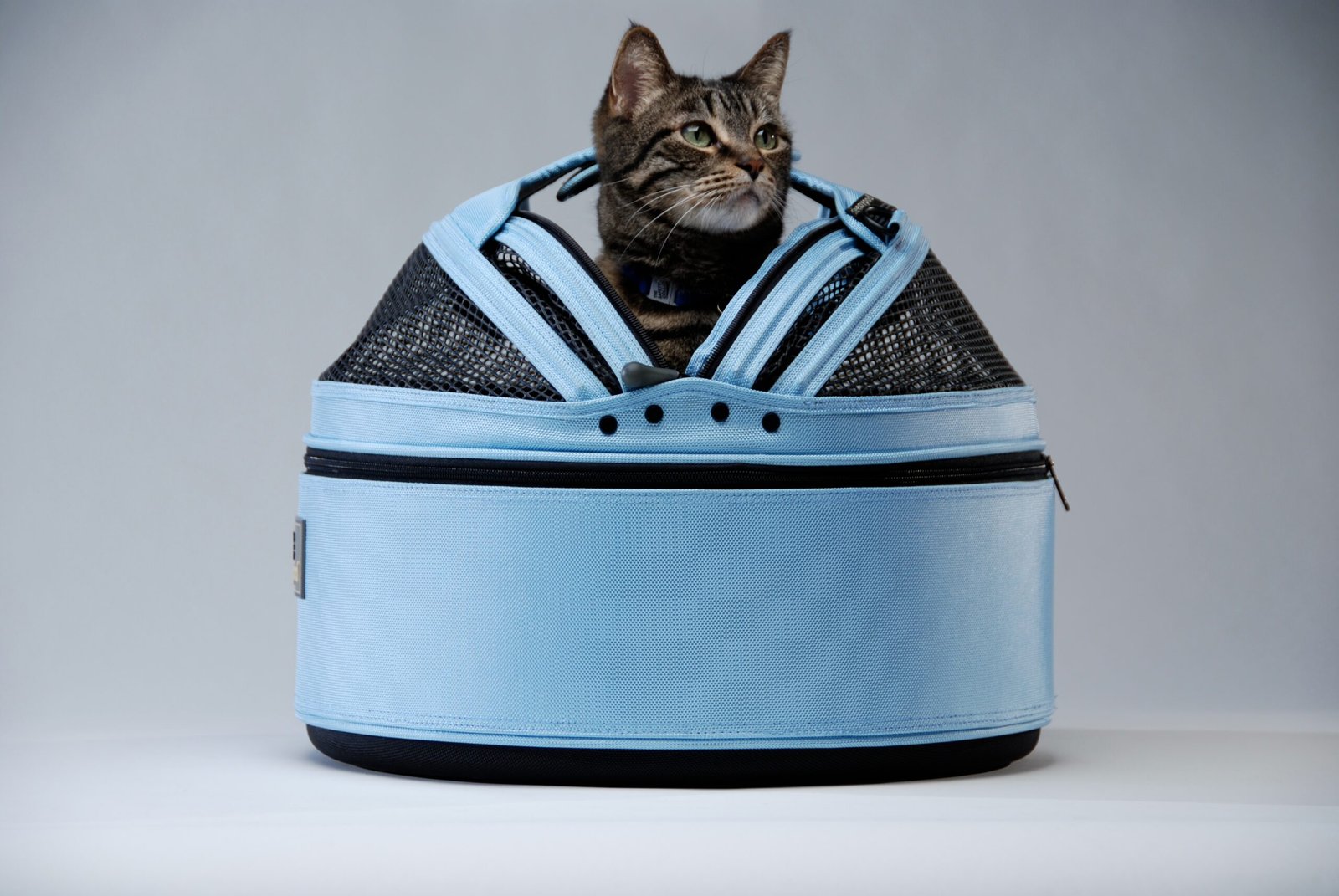
Just like people, cats can get overwhelmed by too much attention or activity. Whether it’s rambunctious children, new guests, or even a busy household, these things can make a cat feel anxious. Alone time is their way of pressing the reset button. It allows them to decompress, process their environment, and recharge. When cats don’t get this downtime, you might notice signs of stress—like hiding more, over-grooming, or being unusually cranky. A little solitude goes a long way in keeping your feline friend calm and content.
Preventing Overstimulation
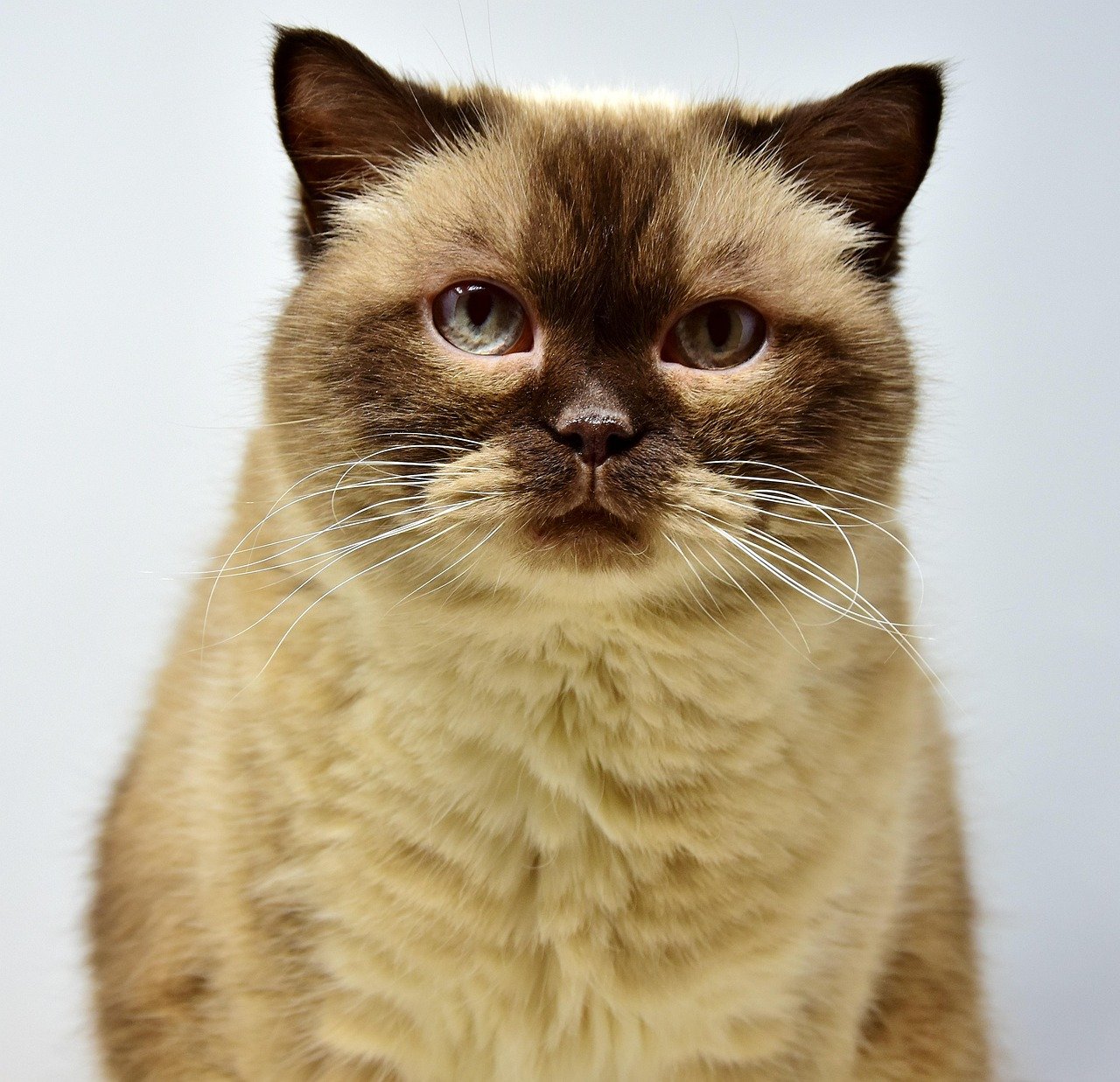
Cats have incredibly sharp senses. Their ears twitch at the faintest sound, and their eyes catch even the smallest movements. This makes them experts at detecting change, but it can also mean they get overstimulated fast. Too much petting, loud noises, or constant activity can make them feel frazzled. Alone time serves as their personal buffer, giving their senses a much-needed break. By respecting their need for space, you’re helping them avoid sensory overload and stay happy.
Encouraging Independent Play
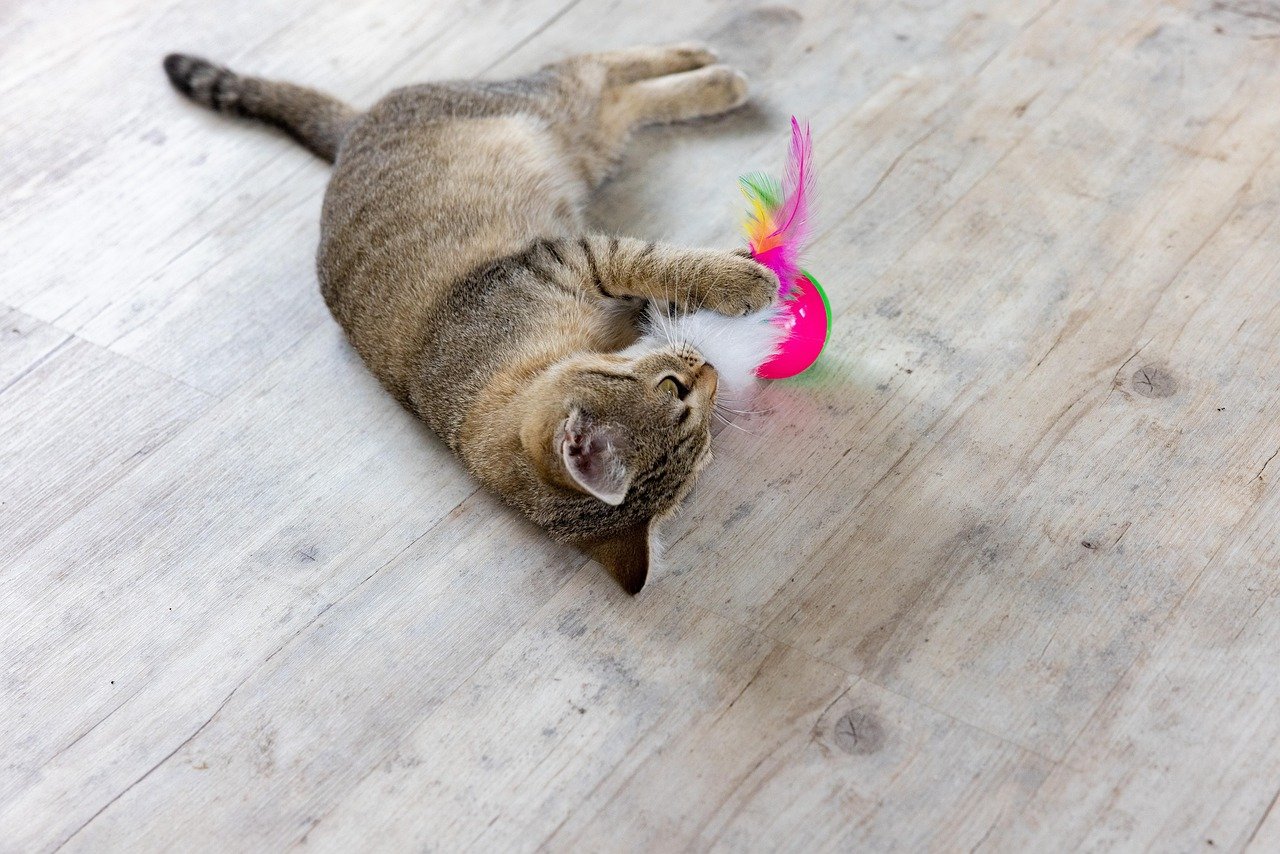
When cats are alone, they often engage in solo play—batting at toys, chasing shadows, or pouncing on imaginary prey. This isn’t just adorable; it’s essential for their mental and physical health. Independent play builds confidence, sharpens hunting skills, and helps burn off energy. It’s like giving a child time to play make-believe—important for growth and happiness. Letting your cat have space to play alone is a gift that keeps on giving.
The Importance of Routine and Predictability
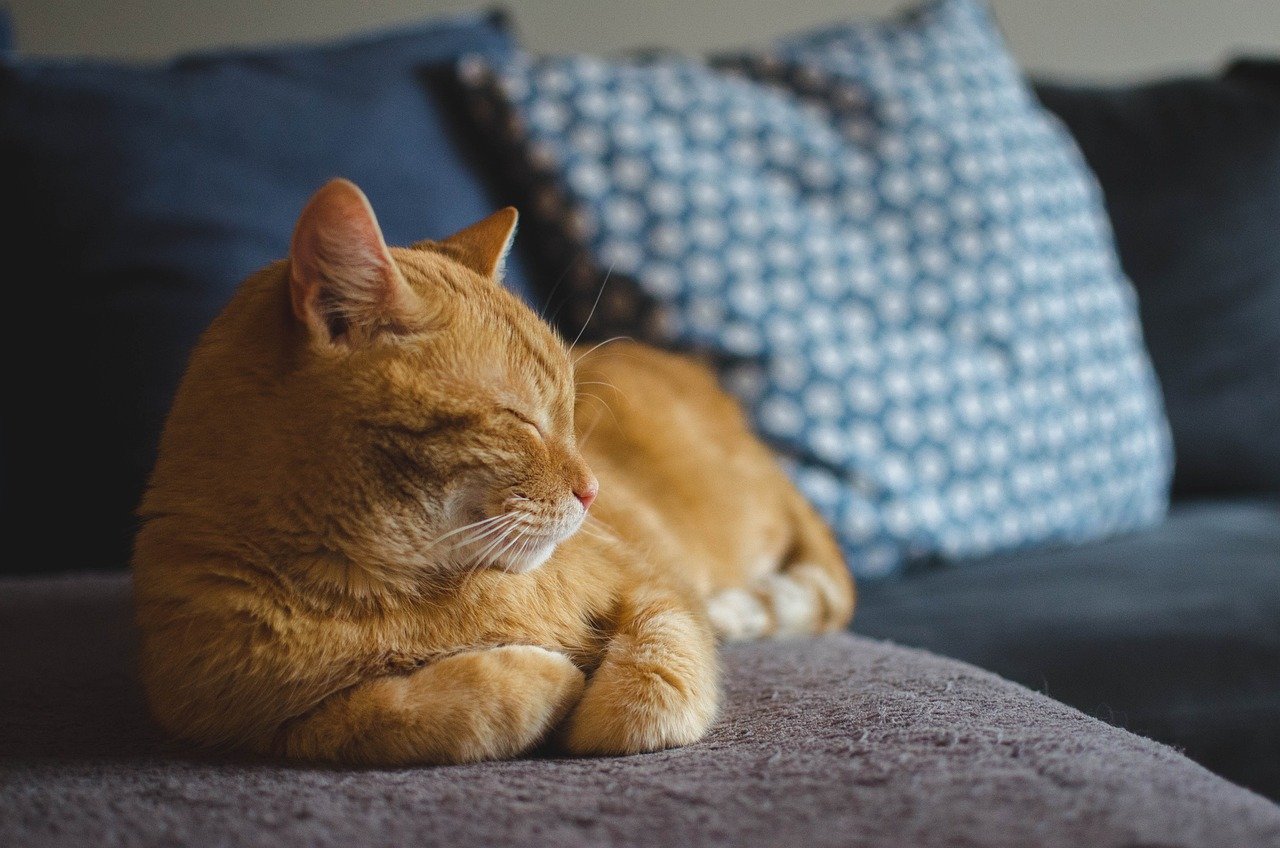
Cats love routine. Knowing when they’ll be fed, when they’ll nap, and when they can enjoy some alone time helps them feel secure. If their schedule is packed with non-stop interaction, it can throw them off balance. Instead, predictable moments of solitude help them relax and thrive. It’s like having a daily ritual—something they can count on, no matter what else is happening at home.
Respecting Boundaries Builds Trust

Every cat has their own invisible line in the sand—sometimes literally! When you respect their need for space, you’re showing them that you understand and care about their feelings. This builds trust over time, making your bond even stronger. A cat that knows their boundaries are honored will often become more affectionate and relaxed around you. Think of it as a silent conversation, where respecting their wishes says more than words ever could.
Alone Time for Senior Cats
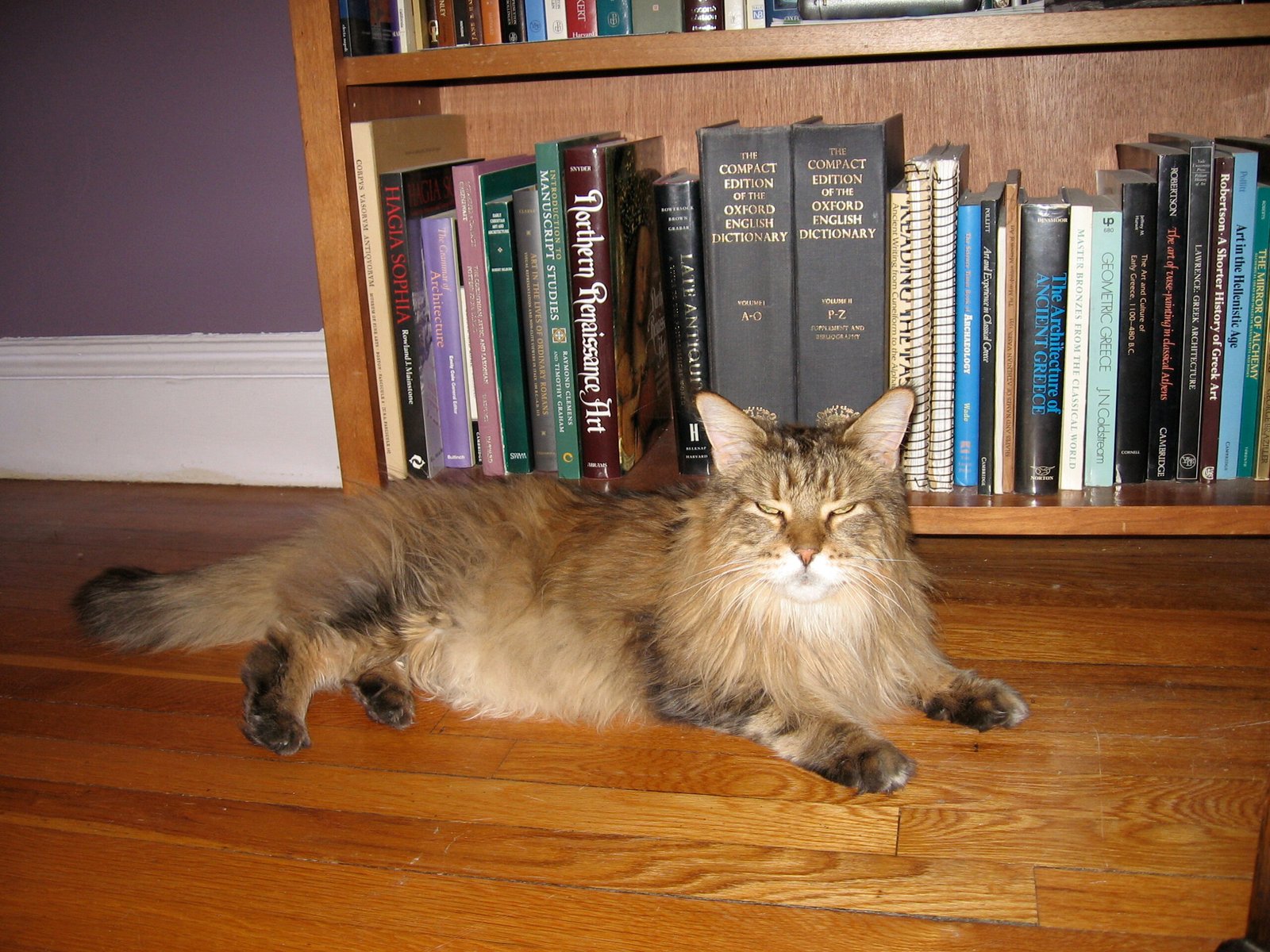
Older cats especially benefit from regular solitude. As cats age, they may become less tolerant of noise and chaos. Their joints might ache, or they might feel less patient with other pets or children. Alone time gives senior cats a chance to rest, heal, and enjoy peace and quiet. Giving an elderly cat a cozy, secluded spot can truly improve their quality of life and help them feel safe as they age.
Solitude Supports Emotional Health

Just like people, cats have emotional ups and downs. Alone time allows them to process their feelings in peace. If your cat has experienced a change—like a move, a new pet, or a new baby—solitude helps them adjust and cope. It gives them the space to grieve, adapt, or simply take a breather. This emotional processing is just as important as physical health, and solitude is the key.
Alone Time Can Prevent Behavioral Problems
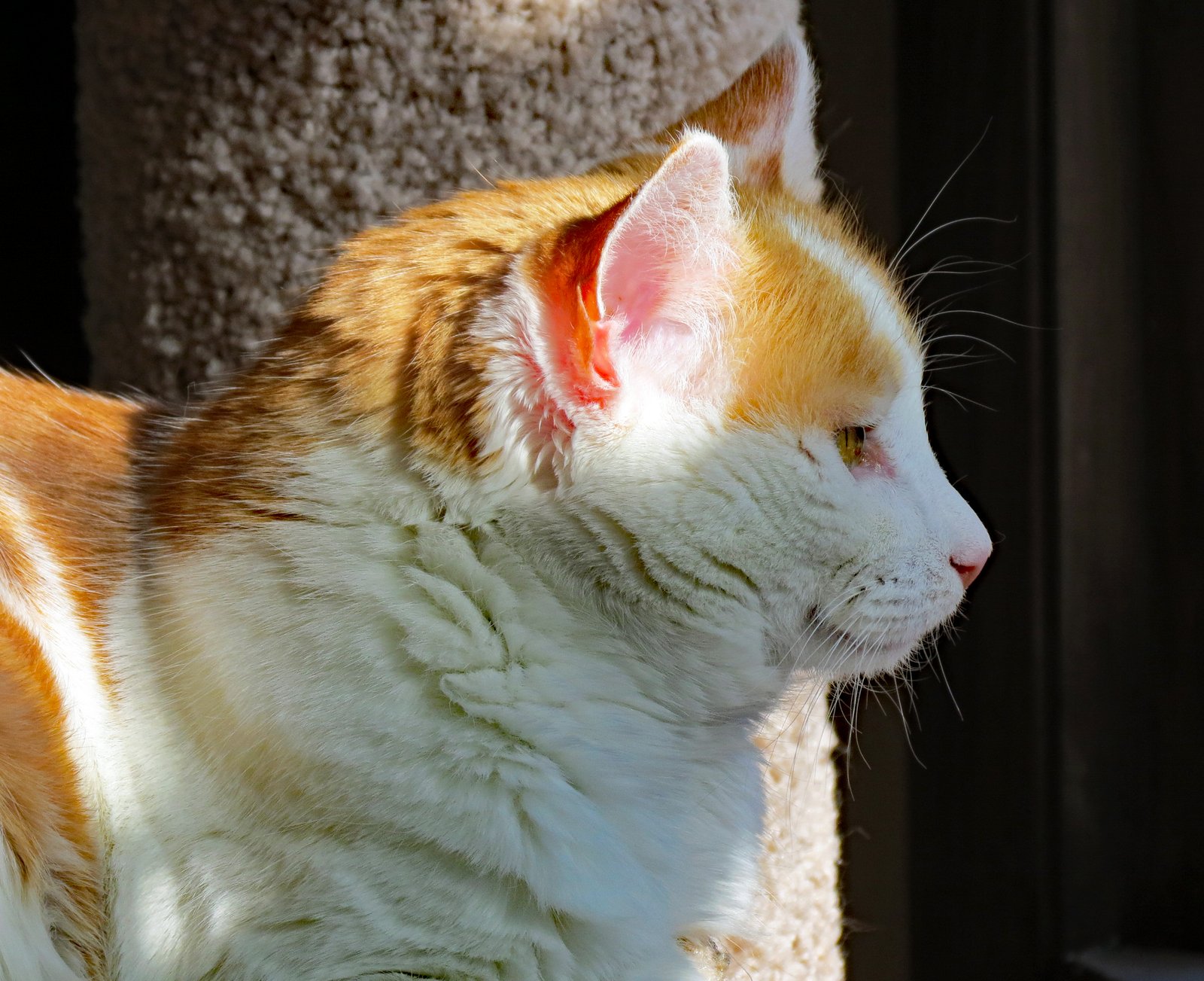
When cats don’t get enough time alone, they can act out. You might see more scratching of furniture, aggressive play, or even inappropriate urination. These aren’t just “bad behaviors”—they’re cries for help. By ensuring your cat has plenty of alone time, you can help prevent these issues before they start. It’s a simple solution that makes a big difference in both your lives.
Understanding Different Cat Personalities

Not all cats are the same. Some are social butterflies, while others are shy wallflowers. Even outgoing cats need a break sometimes. By watching your cat and learning their individual quirks, you’ll start to notice when they need alone time. Maybe it’s after a big play session, or when the house is especially noisy. Tuning into these patterns helps you care for your cat in a way that truly fits their personality.
The Role of Alone Time in Multi-Cat Homes
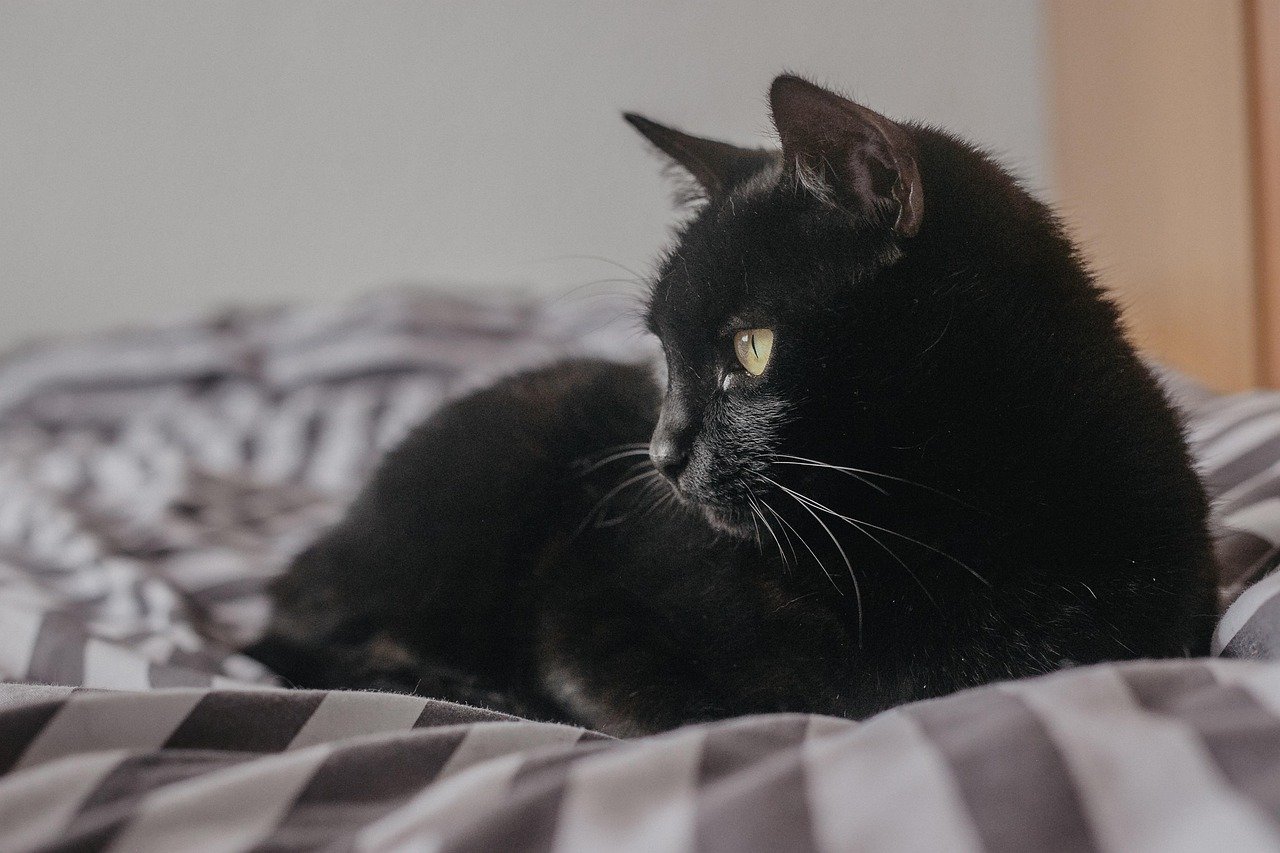
In homes with more than one cat, alone time becomes even more important. Cats are territorial by nature, and sharing space can sometimes lead to conflict or stress. Providing separate hideaways or quiet zones for each cat lets them escape and recharge without competition. This can reduce fighting, prevent jealousy, and help each cat feel secure in their own territory.
Safe Havens: Creating the Perfect Retreat
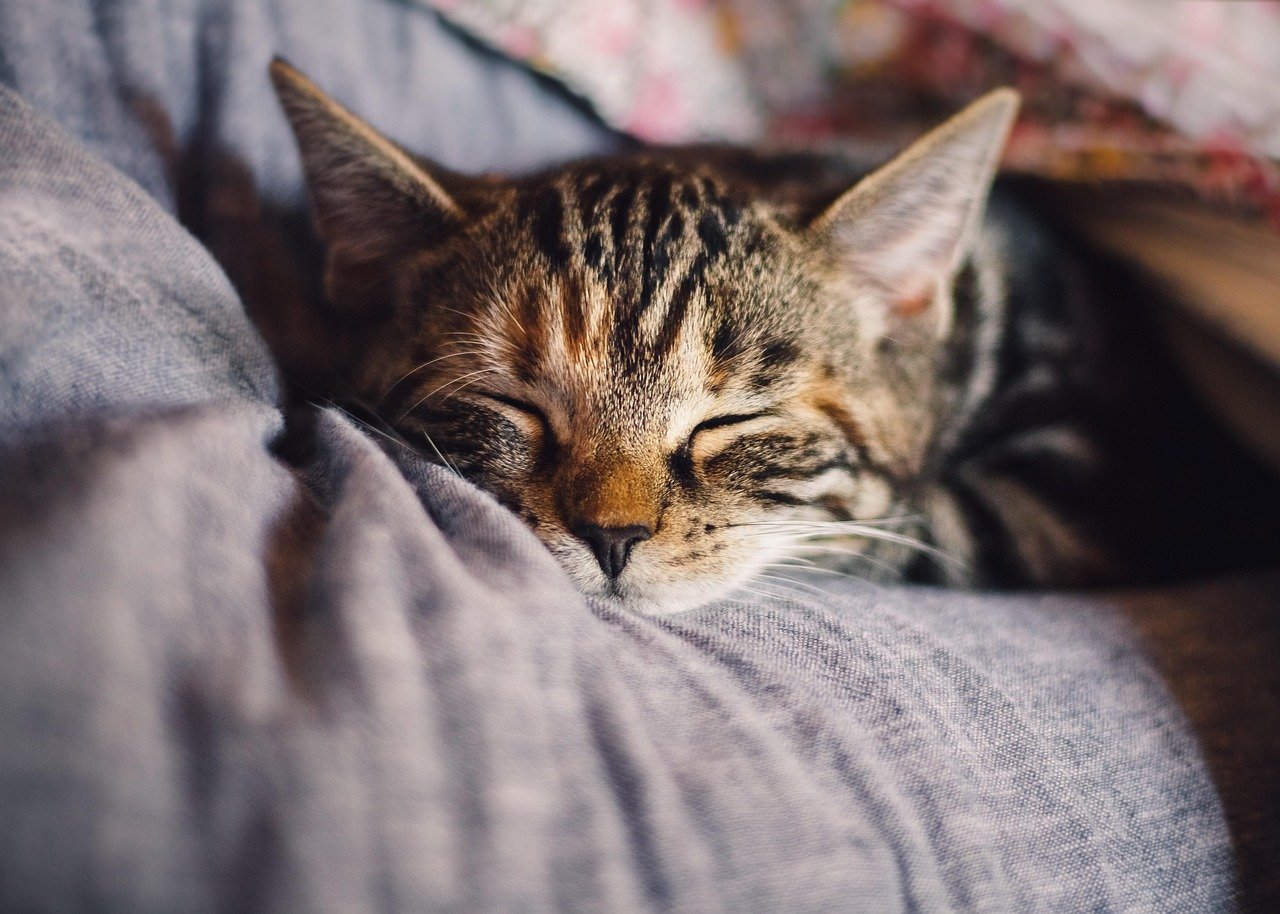
Setting up cozy retreats around your home can make a world of difference for your cat. Think soft beds in quiet corners, covered hideouts, or high perches with a view. These safe havens give your cat a choice—when they want company and when they want solitude. It’s like having different rooms for different moods, and your cat will thank you for the options.
Alone Time for Kittens and Young Cats
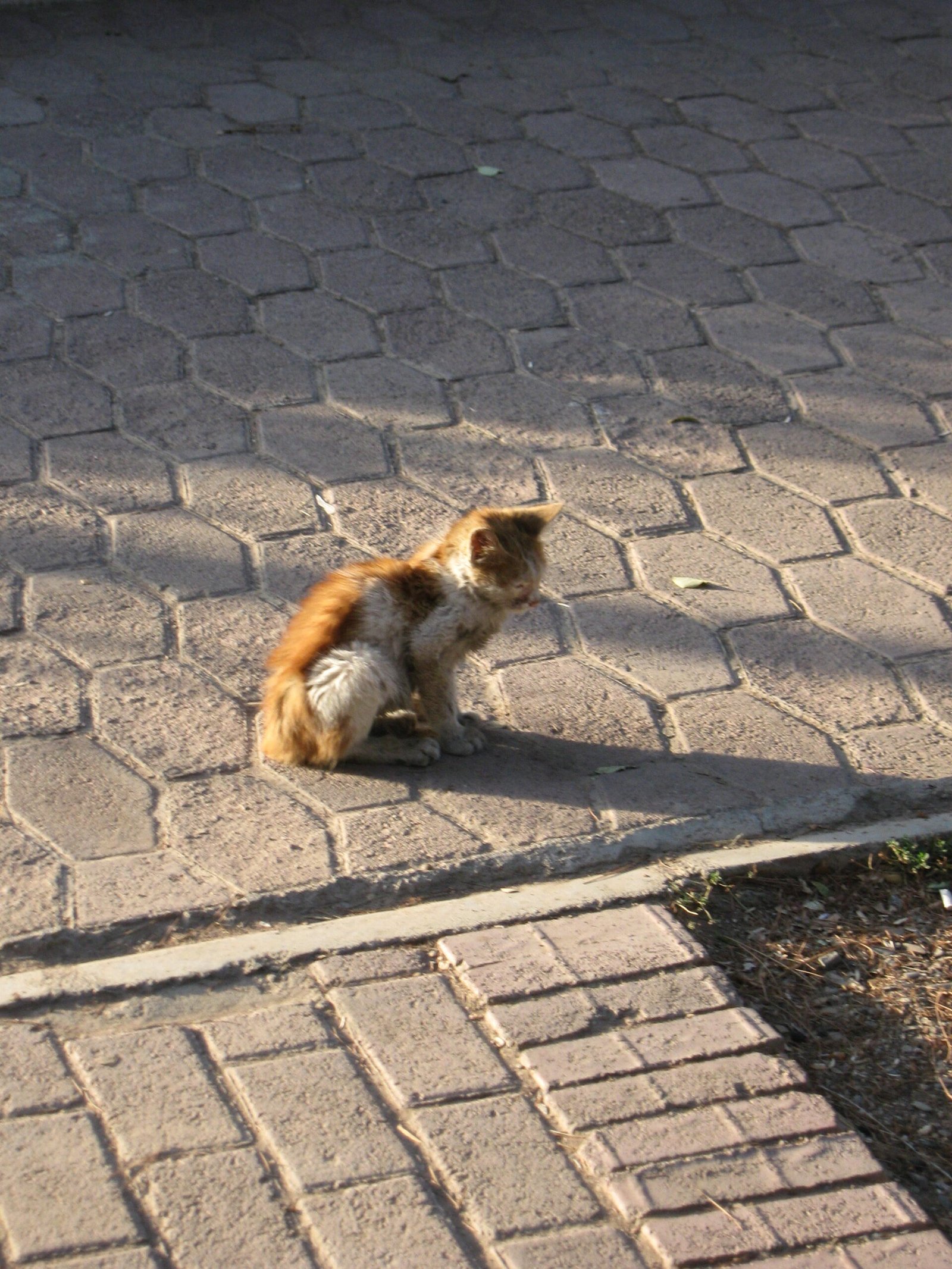
Even the most playful kittens need moments to themselves. Alone time helps them learn independence and self-soothing skills. It’s also a chance for them to nap undisturbed, which is crucial for their growth. While it’s tempting to shower a kitten with constant attention, letting them explore and rest alone helps them develop confidence and resilience.
Recognizing the Signs Your Cat Needs Space

Cats are experts at subtle communication. Signs they need alone time might include flicking their tail, flattening their ears, or simply walking away. Ignoring these signals can make your cat feel stressed or even defensive. By watching for these cues and giving them space when needed, you’re showing that you care about their comfort and happiness.
The Impact of Alone Time on Physical Health
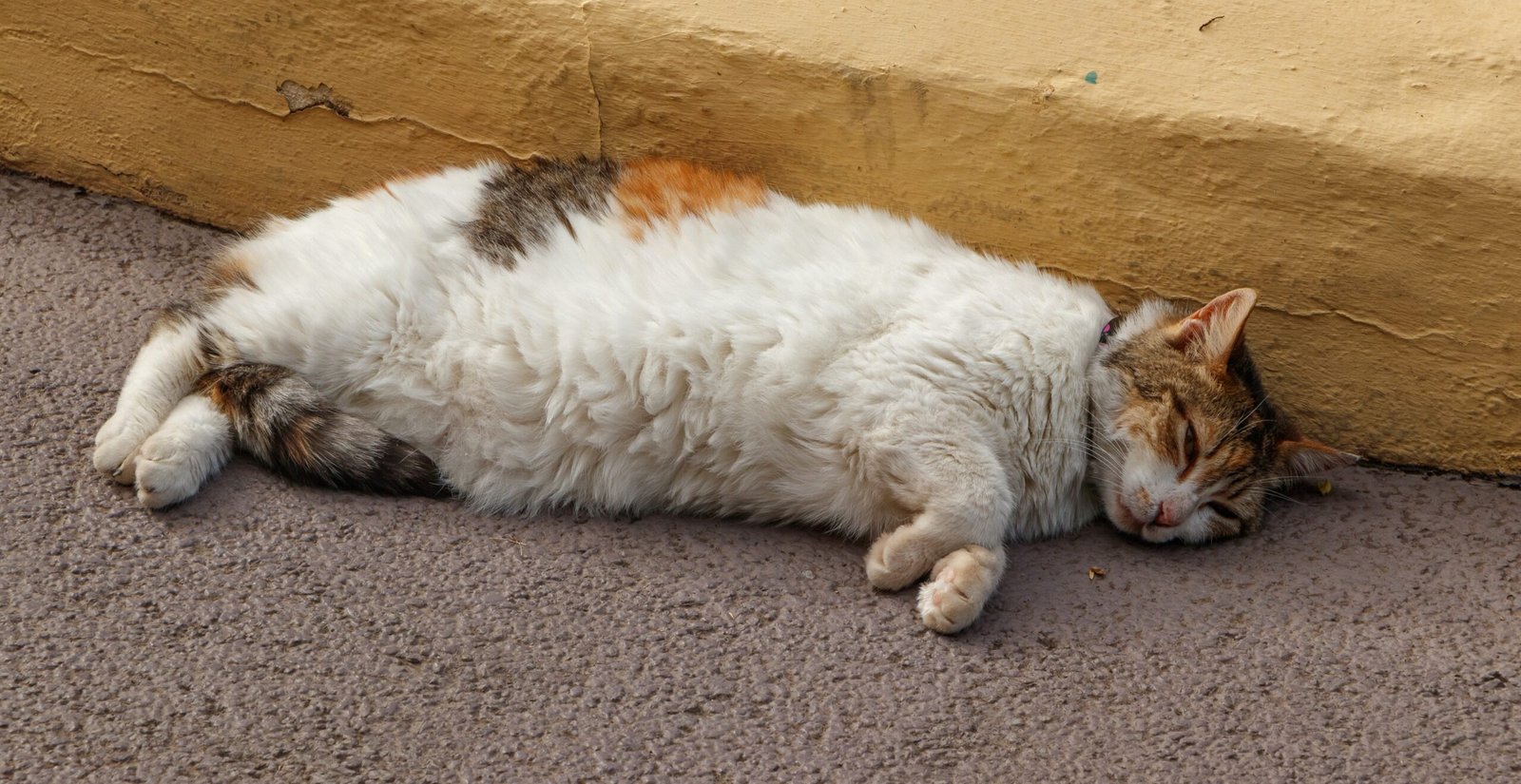
Solitude isn’t just good for the mind—it’s good for the body, too. When cats have time to rest undisturbed, their bodies can heal and recover from play or stress. Just like people need a good night’s sleep to feel their best, cats need peaceful alone time to stay healthy. This can help boost their immune system, aid digestion, and even improve their coat and skin.
Alone Time vs. Loneliness: The Key Difference

It’s easy to confuse a cat’s need for solitude with loneliness, but they’re not the same. Alone time is chosen and cherished—a break from the world, not a cry for help. Loneliness, on the other hand, happens when a cat is isolated against their will and feels abandoned. The difference comes down to choice and balance. When your cat returns from their quiet retreat, they’re often more affectionate and playful, not withdrawn or sad.
Balancing Togetherness and Solitude
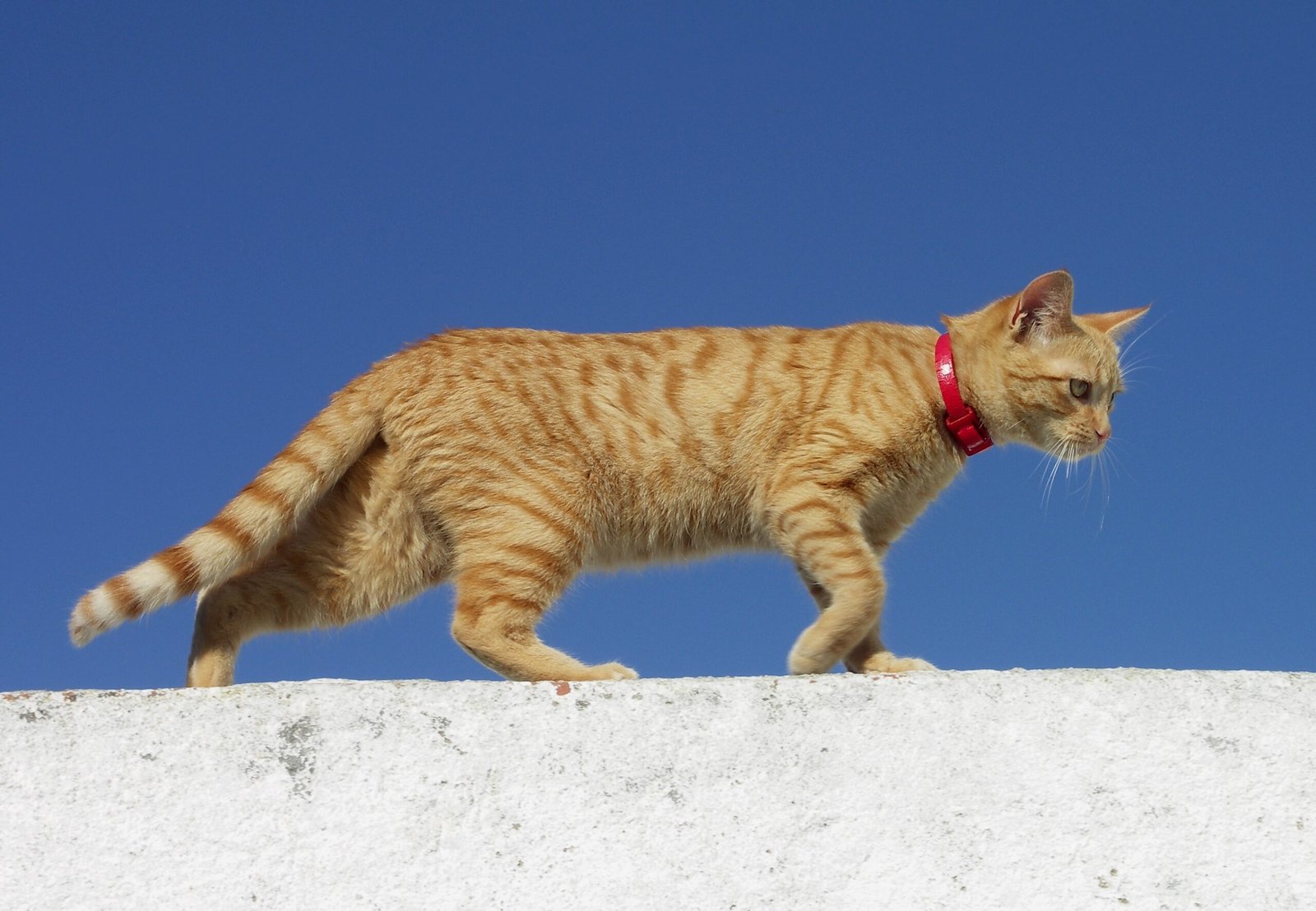
The happiest cats have a healthy mix of social interaction and alone time. Too much of either can throw them off balance. By inviting your cat to play or cuddle but respecting their need to retreat, you’re helping them feel safe and loved. It’s like dancing—you lead sometimes, and sometimes you follow. The trick is learning your cat’s rhythm.
How Alone Time Strengthens Your Relationship
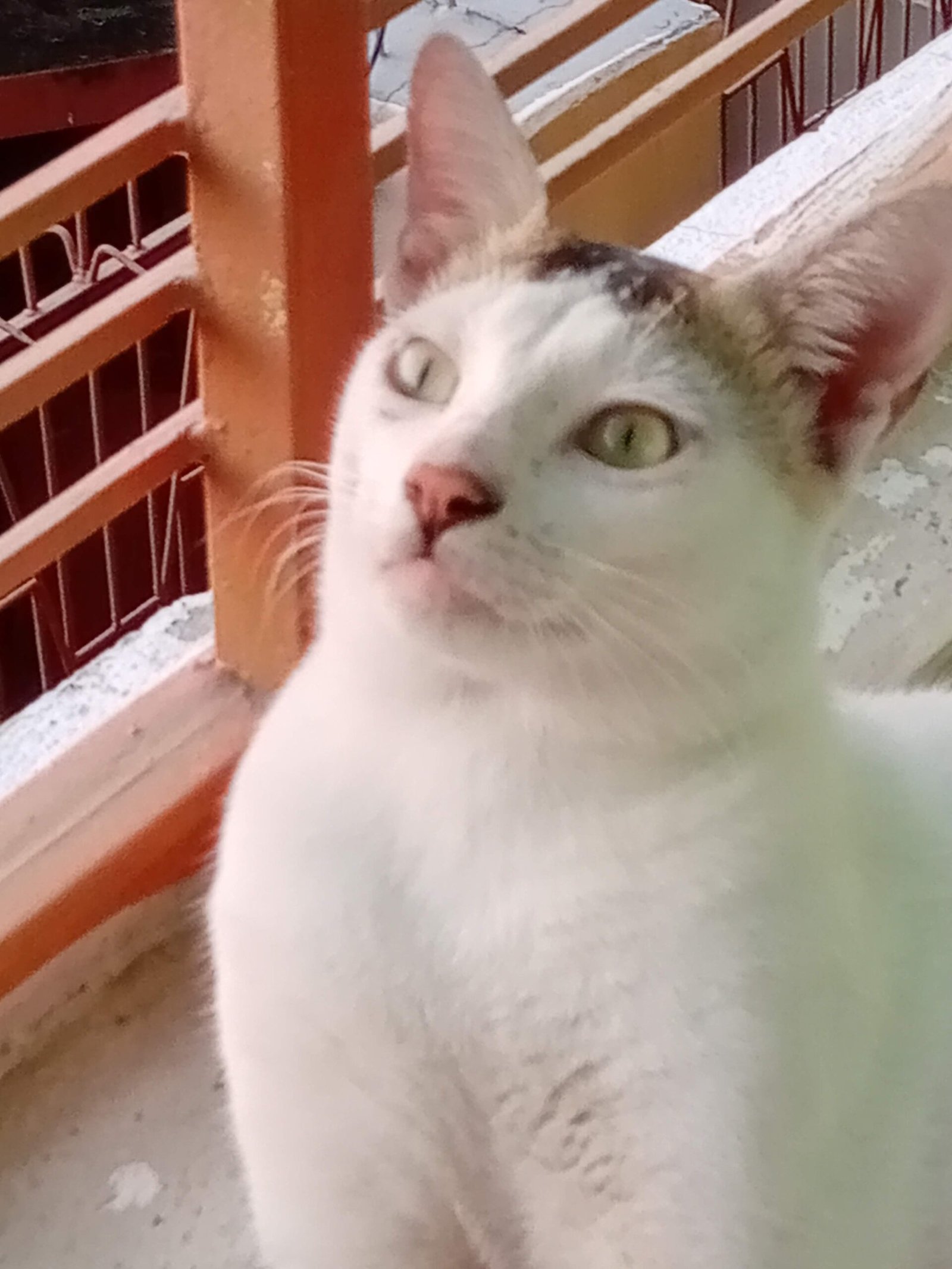
It might seem counterintuitive, but giving your cat space can actually bring you closer. When cats know they can come and go as they please, they’re more likely to seek you out for affection. It’s a relationship built on trust and respect, not obligation. The time you spend together feels more meaningful because it’s chosen, not forced. That’s the magic of letting your cat be themselves.
Tips for Supporting Healthy Alone Time
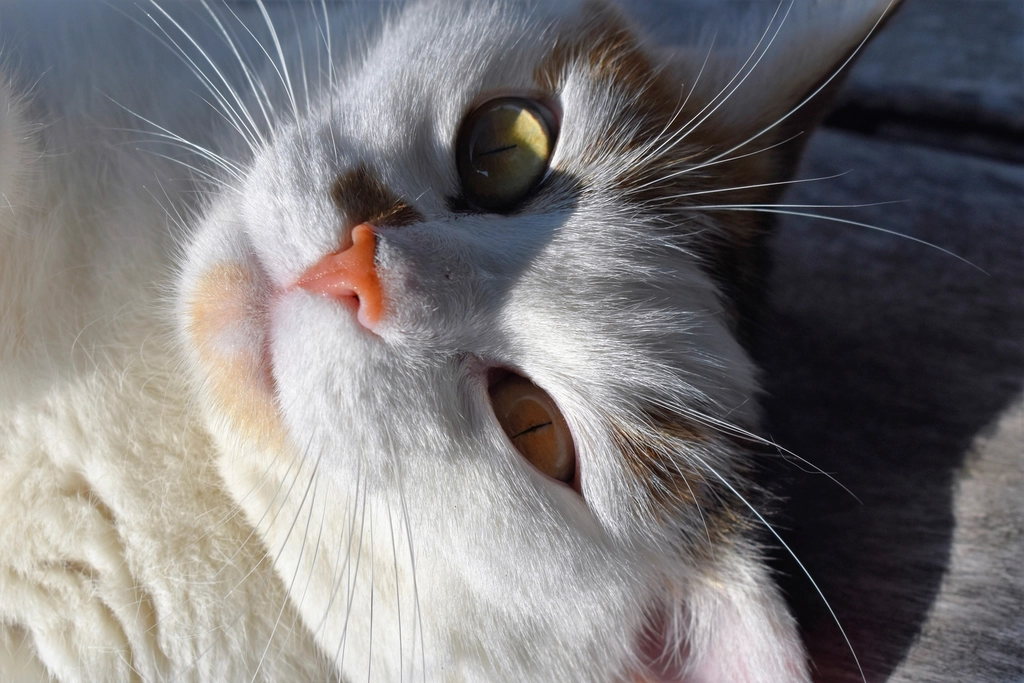
Supporting your cat’s need for solitude doesn’t have to be complicated. Start by providing multiple cozy spots around the house, away from busy areas. Avoid forcing interaction if your cat retreats or seems uninterested. Give them access to vertical spaces, like cat trees or shelves. Most importantly, let them set the pace for affection and play. These small changes can make a big difference in your cat’s well-being.
Common Myths About Cats and Solitude

Some people think cats are aloof or unfriendly because they seek alone time, but that couldn’t be further from the truth. Solitude is a sign of a healthy, confident cat—not a sign of indifference. Others worry that giving a cat space will make them less loving, but in reality, the opposite is true. By honoring their need for privacy, you’re creating a deeper bond built on trust, not demand. It’s time to embrace the beauty of alone time in a loving home.
Hi, I’m Bola, a passionate writer and creative strategist with a knack for crafting compelling content that educates, inspires, and connects. Over the years, I’ve honed my skills across various writing fields, including content creation, copywriting, online course development, and video scriptwriting.
When I’m not at my desk, you’ll find me exploring new ideas, reading books, or brainstorming creative ways to solve challenges. I believe that words have the power to transform, and I’m here to help you leverage that power for success.
Thanks for stopping by, Keep coming to this website to checkout new articles form me. You’d always love it!






